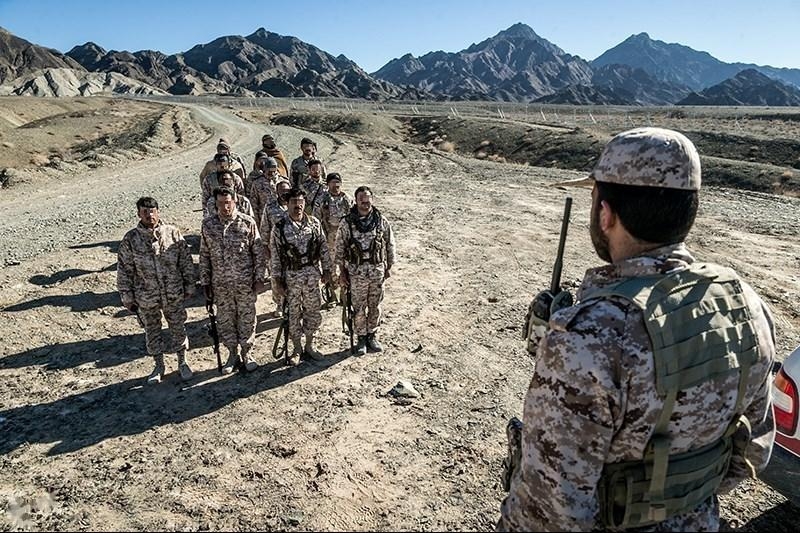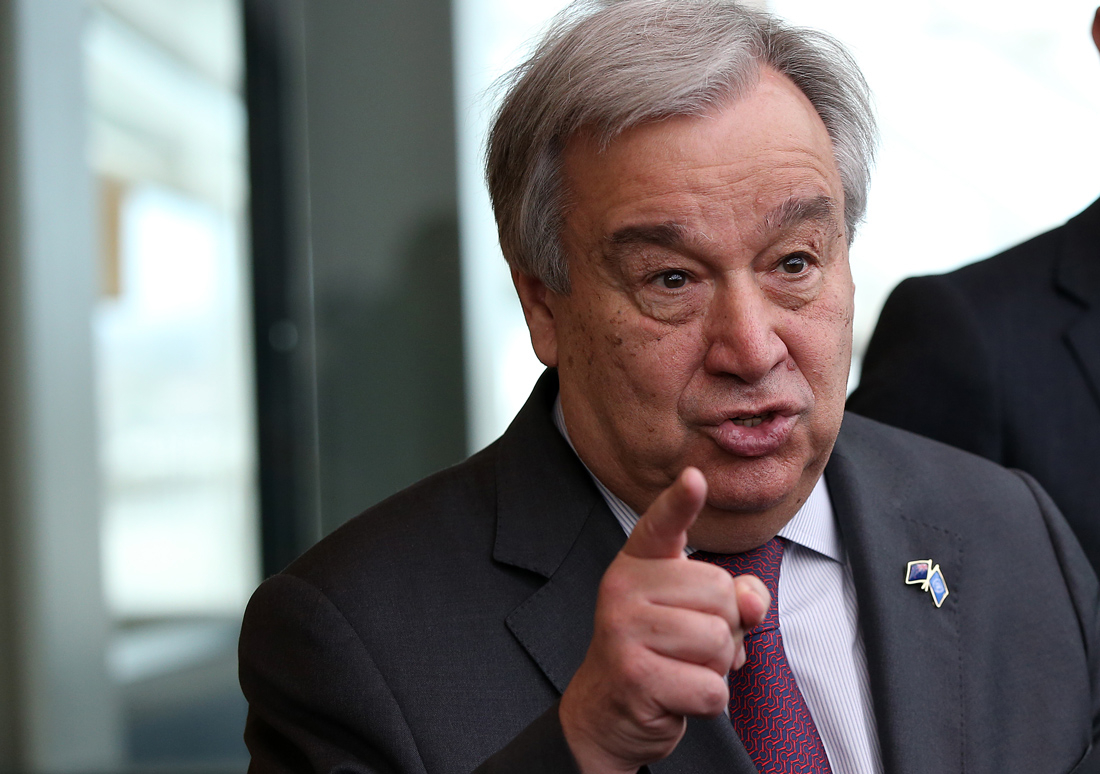by Con Coughlin • July 9, 2019 at 5:00 am
US, British, French and other Western bases in the region are the most likely targets for future terrorist attacks, and a number of Western governments are understood to have responded by ordering their military and diplomatic missions in the region to upgrade security arrangements.
The discovery of the African network follows recent revelations of Iran's attempts to expand its terror network in Europe, as well as other parts of the globe including Latin America and the Middle East.
The Iranian cells are said to be active in a number of African countries including Sudan, Chad, Ghana, Niger, Gambia and the Central African Republic.
Last month, The Jerusalem Post, quoting from an intelligence report from the German state of Hesse, claimed that Iran was one of the main state actors involved in espionage in Germany. It said Iran was involved in the illicit procurement of technology for weapons of mass destruction.

Western intelligence officials say a new Iranian terror network has been established in Africa on the orders of Qassem Suleimani, the head of the Quds Force, the elite section of Iran's Islamic Revolutionary Guard Corps (IRGC) that has responsibility for overseas operations. Pictured: Members of Iran's IRGC "Ground Force Commandos". (Image source: Tasnim/Wikimedia Commons)
As Iran intensifies its efforts to establish a global terror network, new evidence has emerged that highlights the regime's attempts to establish a terrorist infrastructure in Africa.
Western security officials claim the Iranian initiative in Africa has been launched in response to the Trump administration's decision to withdraw from the controversial nuclear deal signed between Tehran and the world's leading powers in 2015.
by Judith Bergman • July 10, 2019 at 5:00 am
In other words, forget everything about the free exchange of ideas: the UN feels that its 'values' are being threatened and those who criticize those values must therefore be shut down.
Naturally, the UN assures everyone that, "Addressing hate speech does not mean limiting or prohibiting freedom of speech. It means keeping hate speech from escalating into something more dangerous, particularly incitement to discrimination, hostility and violence, which is prohibited under international law".
Except the UN most definitely seeks to prohibit freedom of speech, especially the kind that challenges the UN's agendas. This was evident with regard to the UN Global Compact on Migration, in which it was explicitly stated that public funding to "media outlets that systematically promote intolerance, xenophobia, racism and other forms of discrimination towards migrants" should be stopped.
In contrast to the UN Global Migration compact, the UN's action plan against hate speech does contain a definition of what the UN considers to be "hate" and it happens to be the broadest and vaguest of definitions possible: "Any kind of communication in speech, writing or behaviour, that attacks or uses pejorative or discriminatory language with reference to a person or a group on the basis of who they are, in other words, based on their religion, ethnicity, nationality, race, colour, descent, gender or other identity factor". With a definition as broad as this, all speech could be labelled "hate".
The new action plan plays straight into the OIC's decades-long attempts to ban criticism of Islam as 'hate speech'. In the wake of the launch of Guterres' action plan, Pakistan has already presented a six-point plan "to address the new manifestations of racism and faith-based hatred, especially Islamophobia" at the United Nations headquarters. The presentation was organized by Pakistan along with Turkey, the Holy See and the UN.

In January, UN Secretary-General Antonio Guterres commissioned "a global plan of action against hate speech and hate crimes on a fast-track basis," and said that governments and institutions need "to mobilize solutions that respond to people's fears and anxieties with answers..." One of those answers, Guterres appeared to suggest, is shutting down free speech. Pictured: Antonio Guterres. (Image source: Fiona Goodall/Getty Images)
In January, United Nations Secretary-General Antonio Guterres, tasked his Special Adviser for the Prevention of Genocide, Adama Dieng, to "present a global plan of action against hate speech and hate crimes on a fast-track basis". Speaking at a press conference about the UN's challenges for 2019, Guterres maintained, "The biggest challenge that governments and institutions face today is to show that we care -- and to mobilize solutions that respond to people's fears and anxieties with answers..."
One of those answers, Guterres appeared to suggest, is shutting down free speech.
|
|
|



No comments:
Post a Comment